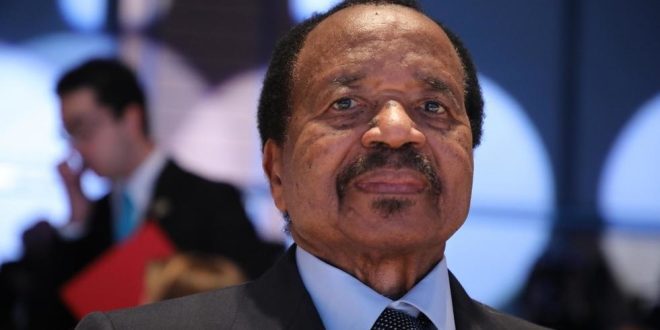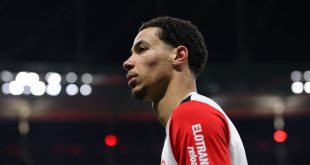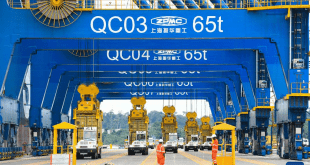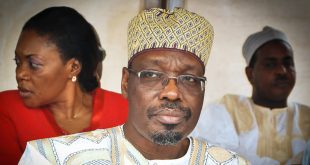According to Human Rights Watch, Cameroon is facing increased scrutiny over its stance on free speech following a recent decree that potentially censors criticism of state institutions and the president. This new decree, issued on July 16 by Emmanuel Mariel Djikdent, the head of the Mfoundi division, has raised alarms among media professionals and opposition leaders. Djikdent’s decree prohibits “dangerously insulting the [state] institutions or the person who embodies them,” under the guise of preserving public order.
This move comes in conjunction with statements from René Emmanuel Sadi, the communication minister, who described any irreverent language toward President Paul Biya as “unacceptable.” These developments are part of a broader pattern of actions that seem aimed at stifling dissent, particularly significant as the presidential elections in 2025 approach.
In the past months, the government has taken several controversial steps:
– In March, Paul Atanga Nji, the territorial administration minister, banned two opposition coalitions, labeling them as “clandestine movements.”
– In June, moments after his release from a three-month prison sentence, artist and opposition member Aboubacar Siddiki, also known as Babadjo, was rearrested.
– Recently, Cameroon’s national assembly passed a law extending its members’ terms and postponing parliamentary elections originally scheduled for February 2025 to March 2026. This decision could disadvantage opposition parties in the upcoming presidential elections.
President Biya, 91, has been in power since 1982 and was last reelected in 2018 in a vote marred by allegations of irregularities and subsequent political repression. The recent decree could serve to further consolidate his power by restricting the public’s ability to express dissent.
Human Rights Watch and other international observers have criticized the decree, highlighting its potential to discriminate against and target critics unfairly. Under international human rights standards, freedom of speech can only be restricted for significant reasons such as national security or protecting others’ rights, and such restrictions must be necessary, proportionate, and nondiscriminatory. The decree in Cameroon, however, does not appear to meet these criteria.
As the election looms, there is a growing call for Cameroonian authorities to respect the freedom of expression and to reconsider or revoke these restrictive measures. The international community continues to watch closely, hoping for steps towards greater respect for democratic principles in Cameroon.
 CameroonOnline.org Cameroon news, Actualité Camerounaise, live Web TV & Radio, World News and a lot more
CameroonOnline.org Cameroon news, Actualité Camerounaise, live Web TV & Radio, World News and a lot more




